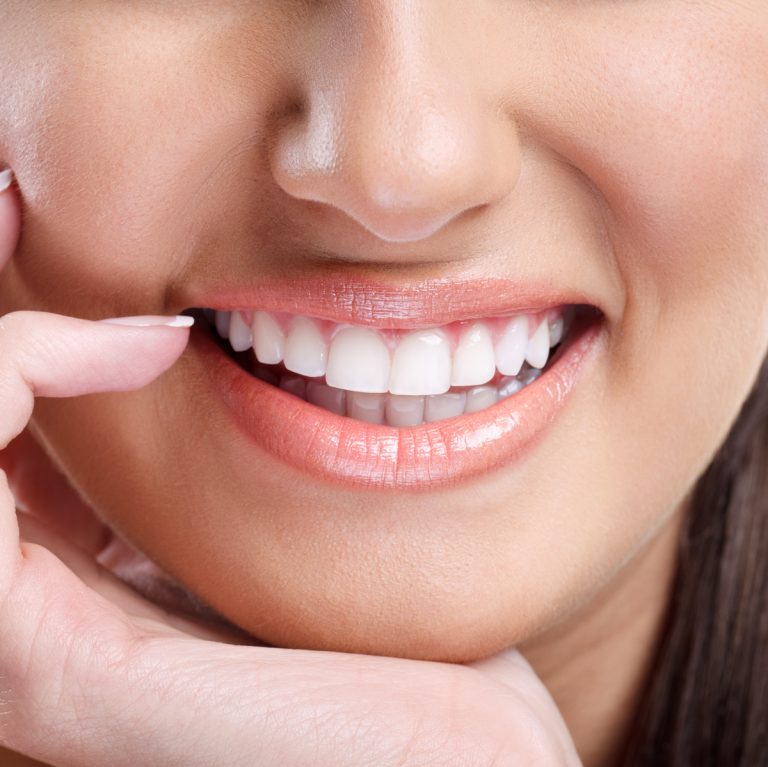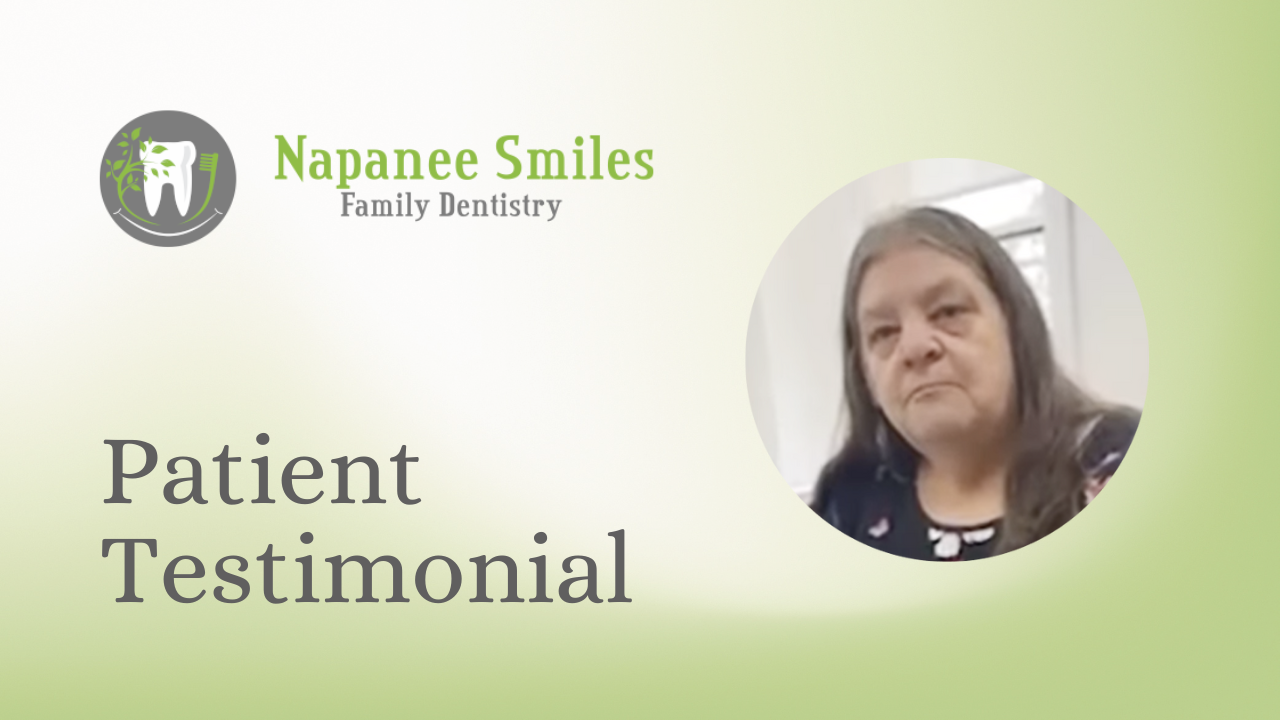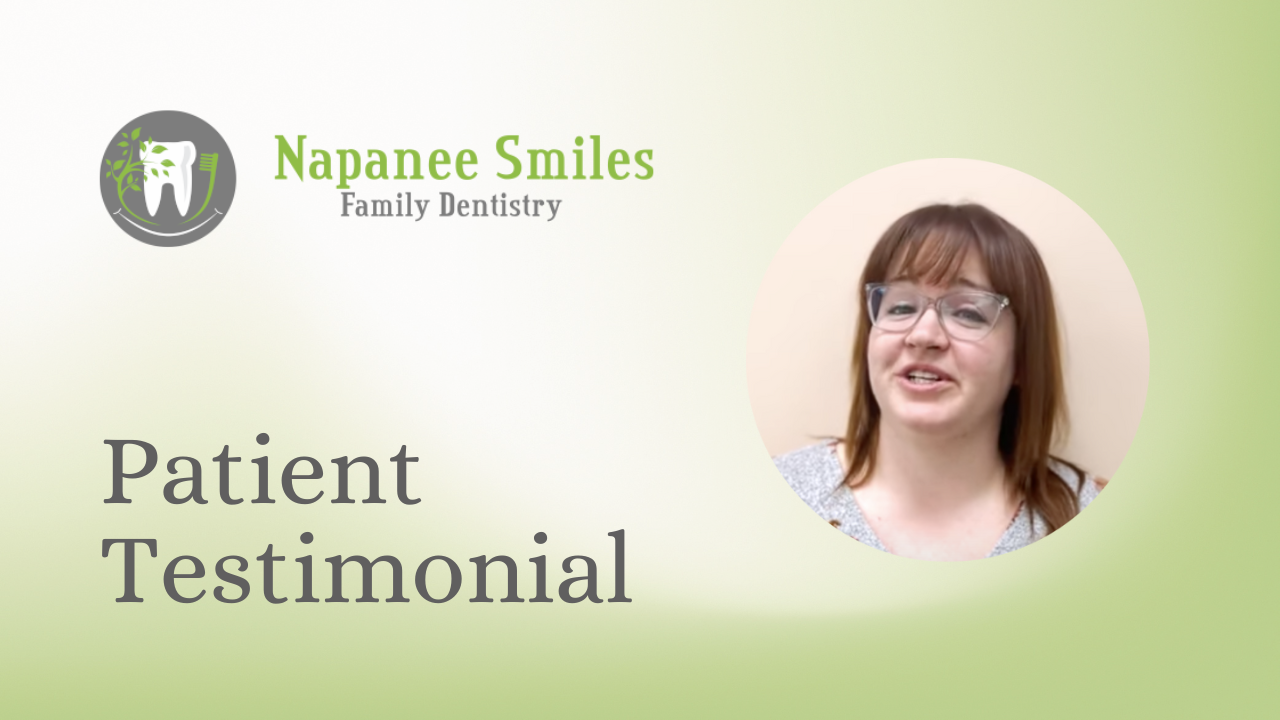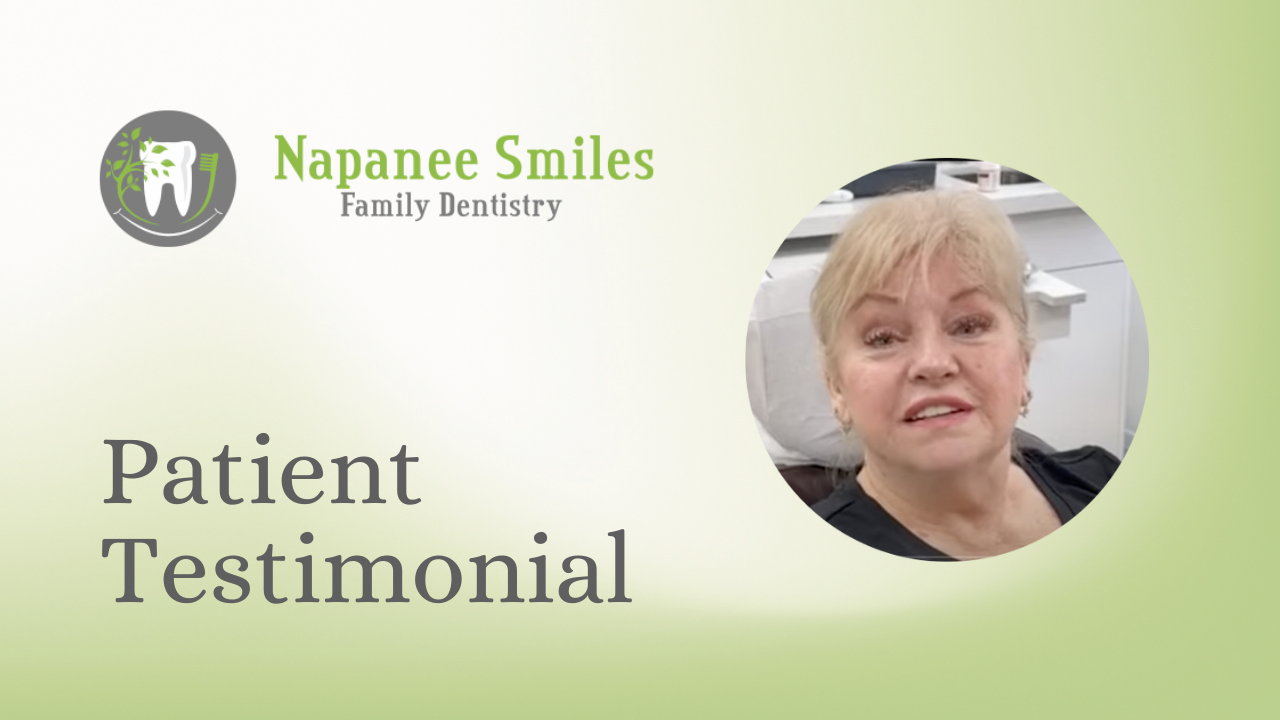

Experience Dentistry Free From Stress and Anxiety
The Benefits of Oral Sedation Dentistry
Oral sedation dentistry offers valuable solutions that allow us to accommodate patients from various backgrounds, each with their own unique challenges. Here are some of the advantages of choosing oral sedation for your dental treatments.
Overcoming Dental Anxiety
For many, the fear and anxiety associated with dental treatment can be more daunting than the procedure itself. Don’t let dental anxiety prevent you from getting the care you need. If you experience any level of dental anxiety that keeps you from seeking treatment, we encourage you to share your concerns with us. Our team is here to support you and provide the comfort you need through oral sedation.
Making Time Fly By
Oral sedation is particularly beneficial during lengthy dental procedures. It helps you stay relaxed and comfortable, making the time seem to pass more quickly. This ensures that even extended treatments feel shorter and more bearable.
Tailored for Your Personal Needs
Contact us today
to schedule an initial consultation & exam.
Your consultation will include an examination of everything from your teeth, gums and soft tissues to the shape and condition of your bite. Generally, we want to see how your whole mouth looks and functions. Before we plan your treatment we want to know everything about the health and aesthetic of your smile, and, most importantly, what you want to achieve so we can help you get there.
Frequently Asked Questions
Oral sedation primarily involves taking a prescribed pill that induces a state of deep relaxation. Unlike nitrous oxide, which wears off quickly, or IV sedation, which requires a needle and provides immediate effects, oral sedation is less invasive and doesn’t require the use of needles. It allows the patient to remain conscious but significantly relaxed throughout the dental procedure.
No, it is not safe to drive after receiving oral sedation. The medication used can impair your judgment, coordination, and reaction times. You will need to arrange for someone to drive you home after your appointment. It’s also recommended that you have someone stay with you for a few hours after returning home until the effects fully wear off.
The duration of the effects can vary depending on the type of medication used and the individual’s response to it. Generally, the sedative effects can last from two to eight hours. Patients are advised to rest for the remainder of the day following their dental procedure.
Yes, even though you will be very relaxed, you will still be able to communicate with your dentist during the procedure. Oral sedation does not put you to sleep; instead, it reduces anxiety to a level where you can be responsive and follow instructions as needed.
Preparation for oral sedation typically includes fasting for a certain period before the procedure—usually about six hours for food and two hours for liquids. Your dentist will provide specific instructions based on the medication prescribed. Additionally, you should wear comfortable clothing and avoid alcohol and other sedatives unless directed otherwise by your dentist. Always provide your dentist with a complete list of medications and supplements you are taking to avoid any drug interactions.









